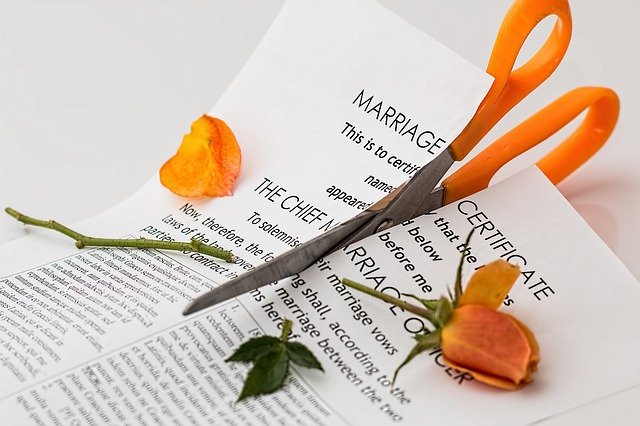
What is collaborative divorce?
A collaborative divorce involves both parties and their respective solicitors working on a collaborative process. This means that they agree to work together to come to a solution without going to court.
What’s the difference between collaborative divorce and mediation?
The main difference between collaborative divorce and mediation is that mediation involves sitting down with a trained mediator who looks at where there is common ground between the two individuals.
Mediation can lead an estranged couple through difficult areas of negotiation. The main aim is to reach a settlement that is acceptable to both parties. Similar to collaborative divorce, this is also without the need to go to court.
For the majority of mediation cases, the individuals involved will also speak with a family lawyer about their case and/ or for them to help draft a legally binding agreement after the mediation.
Collaborative divorce, on the other hand, is a process that involves both parties as well as their respective solicitors signing up at the start to work on a collaborative process. This means that both parties agree to work on a solution without going to court. After this, the four-way meetings can take place. This is different to mediation as it offers legal representation in the discussions.
Unlike in other countries, collaborative divorce hasn’t taken off in the UK, potentially due to both sides requiring a divorce lawyer who is well-trained in the collaborative process. Or, it could be that some people stick with a lawyer as they’ve used them in the past and want to continue using the same one. If both parties do not have lawyers with collaborative law training, then this route is not available to the divorcing couple.
Is collaborative divorce successful?
Yes – the process of collaborative divorce can be more successful in the long term, especially compared to the traditional court-based approach. This is because both parties are more likely to adhere to the resolutions concluded from the collaborative meetings. When resolutions are reached by themselves through negotiations rather than being imposed on them in court, they are far more likely to be followed.
When an agreement is reached during the collaborative meetings, the divorce lawyers can draw up the document, which is then submitted to court for approval and thus giving it the legal seal of approval.
Not only this, but generally, a collaborative divorce is less costly as court time is not required. It is a process most advantageous to those where a family business is a concern. This is due to the fact that the business can continue while details are worked out such as how assets will be split and how things will be in the future.
What makes a good collaborative divorce lawyer?
As with any profession, there are a whole host of things that make a great collaborative divorce lawyer. Many of which are similar to what makes a good family lawyer too. Some of these attributes won’t come as a surprise to you, but all together they help ensure that you get the best possible collaborative divorce representation.
Experience
As this is a different approach to the norm, it requires someone with experience in dealing with numerous family law cases and aware of the best approaches to take. As well as knowing any pitfalls that you may encounter.
Expertise
Again, this is fairly obvious and self explanatory, but expertise helps as you want a divorce lawyer who has undergone specialist collaborative law training and is committed to their professional development.
Keeps up to date with new techniques and guidelines
You want your chosen solicitor to be someone who is well-trained and keeps up to date with new techniques and guidelines. They should also be someone who discusses issues with the fellow collaborative solicitors.
Great listening skills
This can be said of all lawyers, but a good solicitor must be able to listen. You should get a feel of how good a listener they are when meeting them for the first time, or during phone conversations.
Great negotiating skills
All lawyers must be good negotiators. All this is a collaborative approach, negotiating is vital to the success of this process. A good negotiator will ensure the best possible outcome and agreement is reached for you. They should also discuss negotiations with you privately and make sure that you have realistic expectations of what can be achieved.
Is a collaborative divorce approach right for you?
Collaborative divorce is not for everyone. By ensuring you have the best lawyer possible for the job, you can better ensure a positive outcome for you.
Contact Broadbents Solicitors
If you would like to discuss any aspect of your divorce or family law case, please contact Broadbents Solicitors directly. We cover various fields of law, ensuring that you have access to expert legal advice. Give our dedicated team a call today: Alfreton 01773 832 511, Derby 01332 369 090, Heanor 01773 769 891, or Sutton-in-Ashfield 01623 441 123. Alternatively, you can head over to our online contact form and we’ll be in touch.




